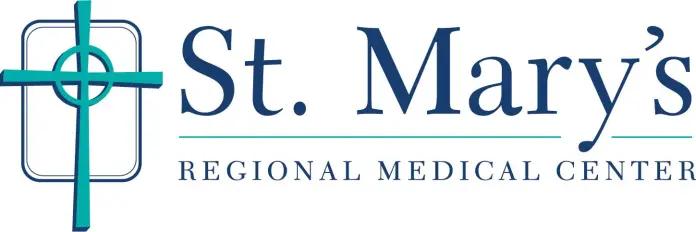Mental health is just as important as physical well-being, as it affects many aspects of our lives, from our emotional well-being and relationships to our physical health outcomes and overall quality of life.
Whether it is yourself or a loved one, knowing when to seek treatment for mental health disorders is important. Tayyaba Ali, MD, medical director of Resilience Behavioral Health, a 15-bed inpatient psychiatric unit for adults at St. Mary’s Regional Medical Center, offers some key indicators that suggest it may be time to seek professional help.

- Persistent Symptoms: If you’re experiencing ongoing symptoms that interfere with your daily life, such as prolonged feelings of sadness, anxiety, or irritability, it’s important to seek help. These symptoms may indicate mental health conditions that could benefit from treatment.
- Difficulty Coping: If you’re finding it challenging to cope with stress, emotions, or life changes, getting help can provide you with ways to manage more effectively. A professional can help you develop healthier coping mechanisms to navigate difficult situations.
- Impact on Relationships: Behavioral health issues can affect relationships with family, friends, or colleagues. Getting treatment can help improve communication and interpersonal skills.
- Changes in Behavior: Withdrawal from social activities, changes in appetite or sleep patterns, or difficulty concentrating, may be caused by a mental health issue. Talking with a professional can help identify the underlying cause and develop a treatment plan.
- Substance Use: Increased use of alcohol, drugs, or other substances as a coping mechanism for emotional distress can mean that professional help may be needed. Substance use can lead to further complications if left untreated.
- Suicidal Thoughts: If you’re experiencing thoughts of self-harm or suicide, it’s crucial to seek immediate help. It requires immediate intervention to ensure your safety and well-being. (In case of a mental health crisis, call 988 or seek the nearest emergency room.)
Don’t hesitate to reach out for support from a mental health professional or healthcare provider, as early intervention can lead to better outcomes and improved quality of life.
Resilience Behavioral Health at St. Mary’s Regional Medical Center provides psychiatric evaluation, diagnosis and treatment of a number of primary psychiatric disorders. To get more information, please call 580-233-2273.

Physicians are on the medical staff of St. Mary’s Regional Medical Center, but, with limited exceptions, are independent practitioners who are not employees or agents of St. Mary’s Regional Medical Center. The hospital shall not be liable for actions or treatments provided by physicians. For language assistance, disability accommodations and the nondiscrimination notice, visit our website.






